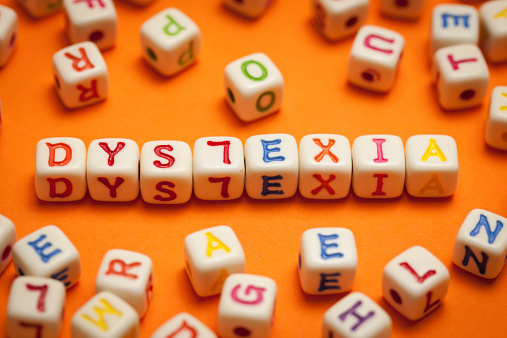
Some children have specific learning difficulties in areas such as reading, spelling, writing or maths but teachers and parents know that these children are intelligent with good problem solving skills.
Specific difficulties in reading and writing are often referred to as ‘dyslexia’ and specific difficulties in arithmetic or mathematics are often called ‘dyscalculia’. As can be expected, these specific difficulties can be so frustrating for individuals who are good thinkers, it affects their sense of self-worth, bringing down confidence levels and negatively impacting emotional wellbeing.
The Australian Dyslexia Association estimates that 10% of the Australian population is affected by dyslexia; and as many as 1 in 5 when the continuum of mild to severe dyslexia is considered.
Awareness of dyslexia by the education sector is growing but not fast enough to help the number of students in need of support. Furthermore, there is limited understanding of the underlying causes of dyslexia, without which it is difficult to choose the right supports and interventions.

Comprehensive assessment of a person’s cognitive abilities is the key to understanding the underlying causes of literacy difficulties. Finding the correct supports depends on what sort of problems the person with dyslexia has, which may be deficits in areas such as:
• Phonological awareness: matching sounds to symbols and breaking down the sounds of language
• Rapid naming: the time it takes for the brain to connect visual and linguistic processes
• Visual perception: the brain’s ability to receive, interpret and act upon visual stimuli
Unless the causes for a specific learning difficulty are identified, appropriate help cannot be given. Hence the importance of sensitive and thoughtful assessment.


